Therapy and Service Dog Roles for American Bullies
Welcome to our comprehensive guide on therapy and service dog roles for American Bullies. In this article, we will delve into the world of American Bullies as therapy and service dogs, exploring their unique qualities, the training they undergo, and the invaluable support they provide to those in need. We understand the significance of having a well-structured and engaging content that can outrank other websites, and we aim to provide you with exactly that. So, let’s embark on this journey to discover the incredible capabilities of American Bullies as therapy and service dogs.
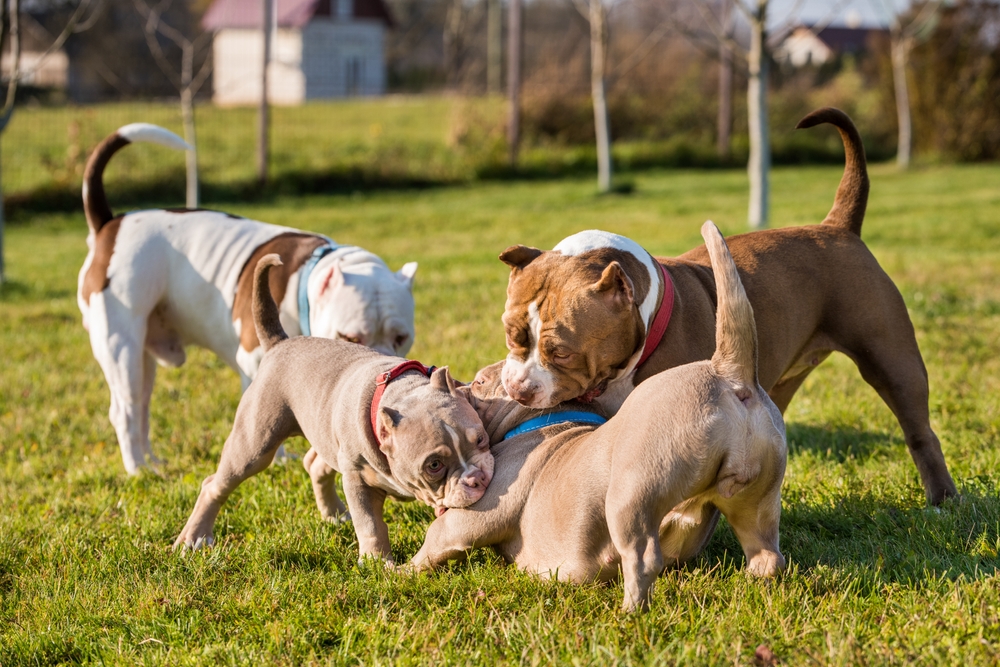
The American Bully: A Breed Overview
Before we dive into their roles as therapy and service dogs, let’s understand what makes the American Bully such a remarkable breed. American Bullies are known for their loyalty, intelligence, and affectionate nature, making them ideal candidates for therapy and service work. Originally bred as companions, they possess a gentle temperament that enables them to connect with humans on a profound emotional level.
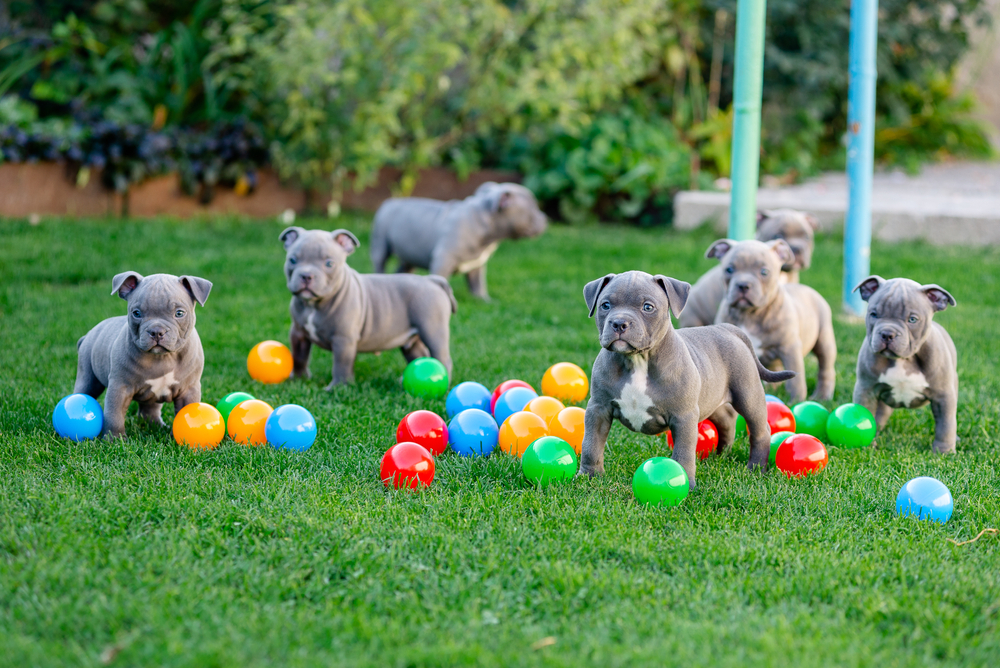
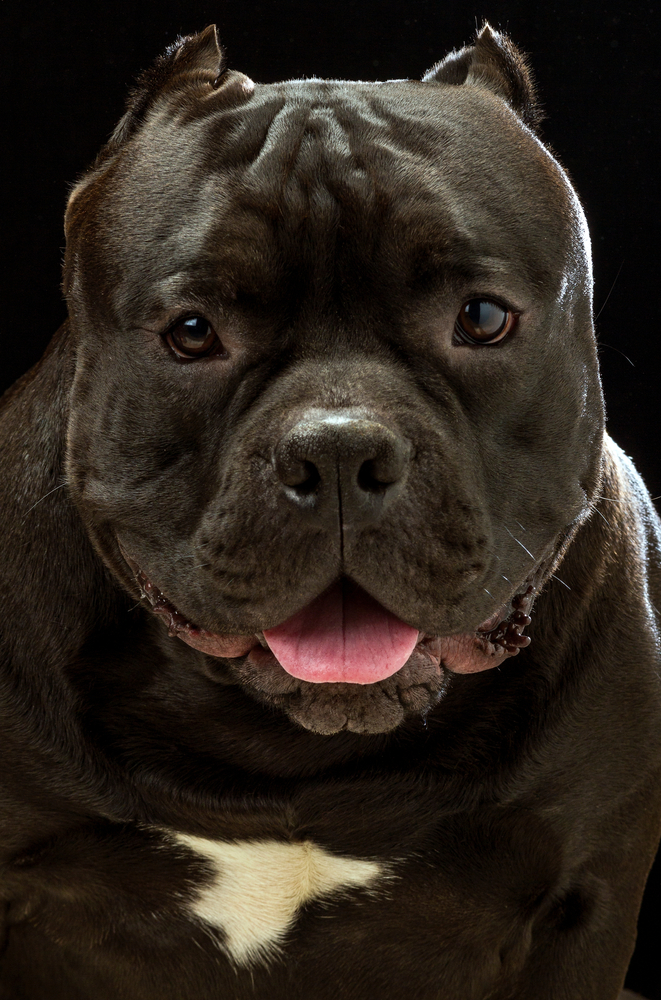
Therapy Dog Roles
1. Comfort and Support in Therapy Settings
One of the primary roles of American Bullies as therapy dogs is to offer comfort and emotional support in various therapeutic settings. These dogs are trained to provide companionship to individuals facing emotional or mental challenges, such as anxiety, depression, or PTSD. Their presence alone can have a calming effect, easing feelings of distress and promoting a sense of security.
2. Promoting Mental and Emotional Well-Being
American Bullies excel in promoting mental and emotional well-being. Their unconditional love and non-judgmental attitude create an environment where people can express themselves freely without fear of criticism. Interacting with these affectionate dogs can boost serotonin and dopamine levels, reducing stress and anxiety.
3. Assisting Individuals with Physical Disabilities
Beyond emotional support, American Bullies can assist individuals with physical disabilities. They are trained to perform various tasks, such as retrieving objects, opening doors, or helping their handlers maintain balance while walking. These tasks empower those with physical challenges to lead more independent lives.
4. Crisis Response
In times of crisis or disasters, American Bullies have shown remarkable abilities in providing comfort to affected individuals. Their presence can alleviate distress and help individuals cope with traumatic experiences, both during and after such events.
Service Dog Roles
1. Guide Dogs for the Visually Impaired
One of the most recognized roles of service dogs is assisting the visually impaired. American Bullies can be trained to guide individuals with vision loss, ensuring they navigate their surroundings safely. These dogs demonstrate exceptional intelligence and awareness, allowing them to effectively guide their handlers through obstacles.
2. Hearing Dogs for the Deaf and Hard of Hearing
American Bullies can also serve as hearing dogs for individuals who are deaf or hard of hearing. They are trained to alert their handlers to important sounds, such as doorbells, alarms, or approaching vehicles, significantly enhancing the safety and independence of those with hearing impairments.
3. Medical Alert Dogs
In some cases, American Bullies are trained as medical alert dogs to detect changes in their handler’s health. For instance, they can sense fluctuations in blood sugar levels for individuals with diabetes or alert their handlers to oncoming seizures. This early warning system can be life-saving for those with certain medical conditions.
4. Psychiatric Service Dogs
For individuals with psychiatric conditions, American Bullies can serve as psychiatric service dogs. These dogs are trained to perform specific tasks that mitigate the effects of mental health challenges. For instance, they may interrupt harmful behaviors, provide grounding during panic attacks, or create a safe physical barrier in crowded spaces.
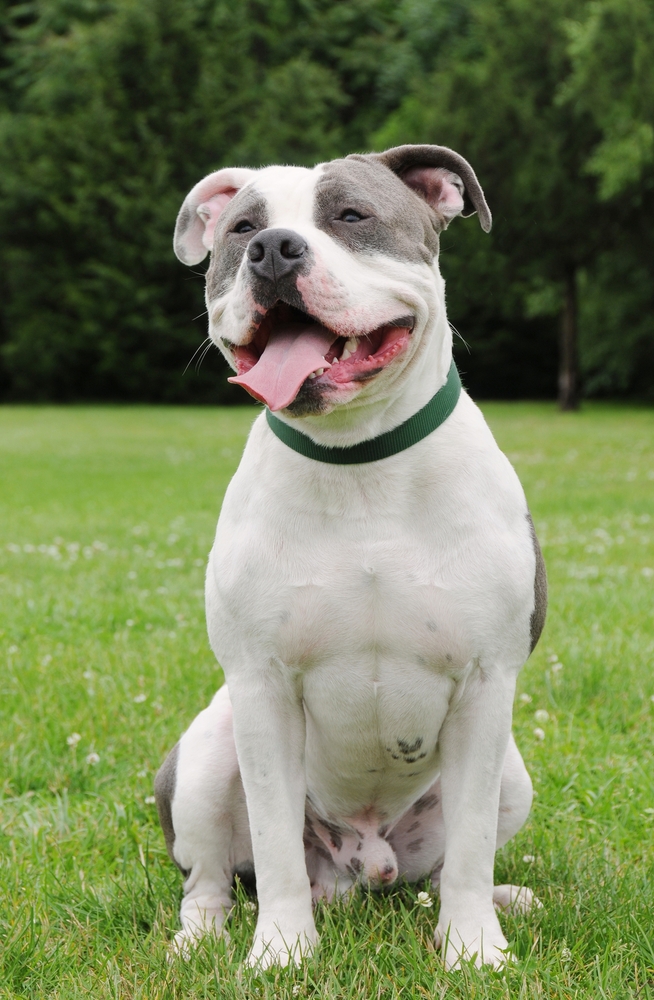
The Training Process
The success of American Bullies as therapy and service dogs lies in their extensive training. Training these dogs requires a combination of specialized obedience training and task-specific instruction. Moreover, they undergo rigorous assessments to ensure they meet the high standards required for their roles.
The training process begins at a young age and involves positive reinforcement techniques, which emphasize rewarding desired behaviors. Socialization plays a crucial role in their development, exposing them to various environments, people, and situations. This helps them become well-adjusted, confident, and reliable companions in any setting.
The Bond Between American Bullies and Their Handlers
One of the key factors contributing to the effectiveness of American Bullies as therapy and service dogs is the strong bond they form with their handlers. This bond is built on trust, mutual understanding, and constant interaction. Handlers and dogs work closely together to develop seamless communication and anticipate each other’s needs.
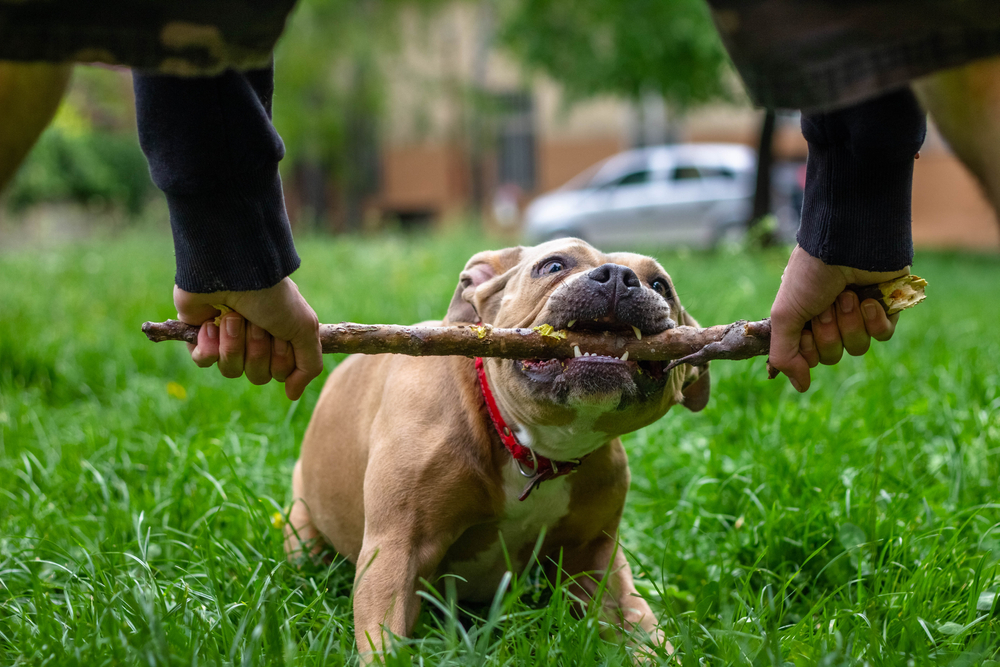
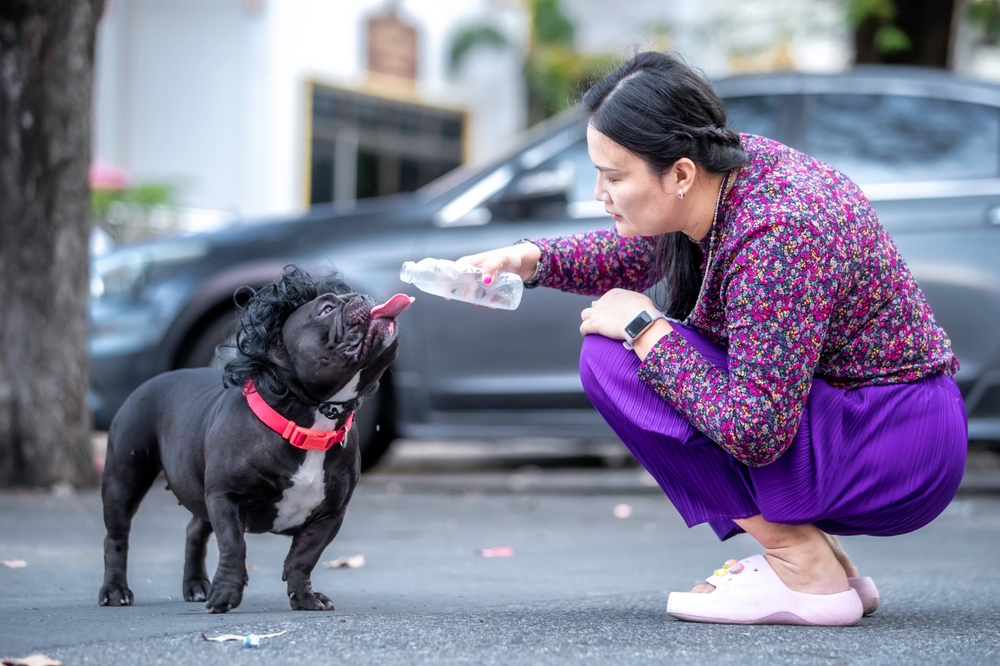
Challenges and Misconceptions
Despite the numerous benefits of having American Bullies as therapy and service dogs, there are still challenges and misconceptions surrounding their roles. Some people may question their abilities due to their appearance or misconceptions about the breed. However, it is essential to recognize that individual temperament and training play a significant role in a dog’s suitability for these roles, regardless of their breed.
Therapy and Service Dog Roles for American Bullies
American Bullies have proven to be exceptional therapy and service dogs, providing invaluable support to individuals in various circumstances. Their loving nature, intelligence, and adaptability make them well-suited for these vital roles. Through rigorous training and a strong bond with their handlers, they can offer emotional comfort, physical assistance, and life-saving alerts to those in need.
If you are considering an American Bully as a therapy or service dog, make sure to consult a reputable organization or trainer specializing in this field. Proper training and responsible ownership are crucial to ensuring these dogs fulfill their roles effectively and contribute positively to the lives of their handlers.
